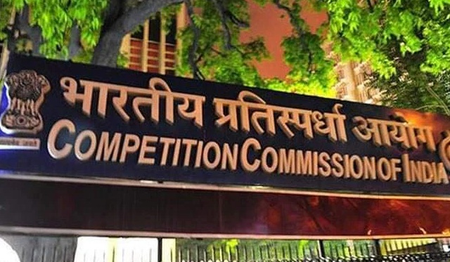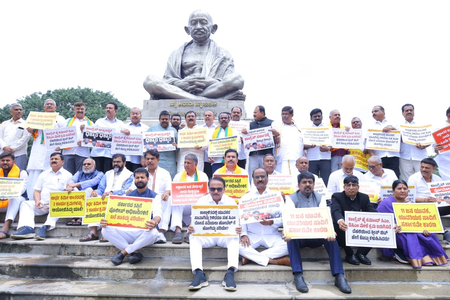
Jaipur, Aug 11 (IANS) A national-level Direct Benefit Transfer (DBT) program under the Pradhan Mantri Fasal Bima Yojana (PMFBY) will be organised on Monday in Jhunjhunu.
In the presence of Chief Minister Bhajan Lal Sharma and Union Agriculture and Farmers’ Welfare Minister Shivraj Singh Chouhan, the first installment of insurance claim amounts for Rabi season 2024-25 and Kharif season 2024, will be directly transferred into farmers’ bank accounts.
During the programme, symbolic cheques will also be distributed to beneficiaries of various schemes.
Through this initiative, around Rs 1,200 crore will be transferred via DBT to approximately 27 lakh crop insurance policyholder farmers in Rajasthan.
The scheme aims to ensure timely payment of claims, safeguarding farmers from crop losses caused by natural calamities, pests, or diseases.
The DBT process eliminates middlemen, ensuring that the full benefit reaches the intended recipients directly in their accounts.
This nationwide programme will see the participation of lakhs of farmers across India, marking a significant step in the central government’s commitment to providing financial security to cultivators.
The first installment for both Rabi 2024-25 and Kharif 2024 will be credited to the accounts of eligible farmers on the same day, reinforcing transparency and efficiency in the payment system.
In Rajasthan, the implementation of PMFBY has yielded substantial results. Since the beginning of the current state government’s tenure up to July 2025, a total of Rs 3,912.53 crore has been disbursed as crop insurance claims to 148 lakh eligible farmers.
These payouts have provided critical relief to farmers facing crop damage, helping them recover and reinvest in agricultural activities.
Monday’s event is expected to draw participation from farmers, local representatives, and officials from the agriculture department.
It will also showcase success stories of farmers who have benefited from the PMFBY.
By leveraging technology and DBT, the state government continues to strengthen rural livelihoods, enhance agricultural resilience, and build farmers’ confidence in institutional support systems.
–IANS
arc/rad




